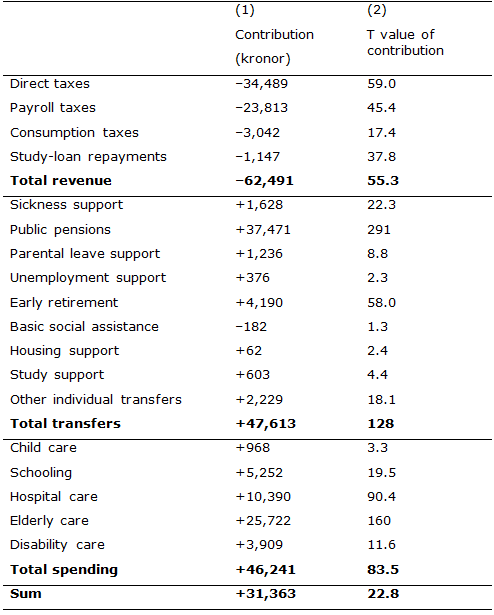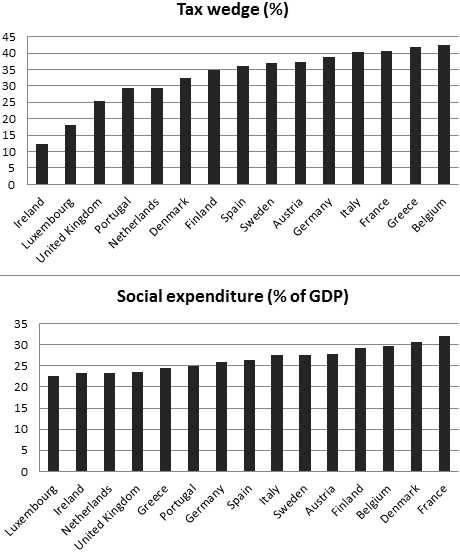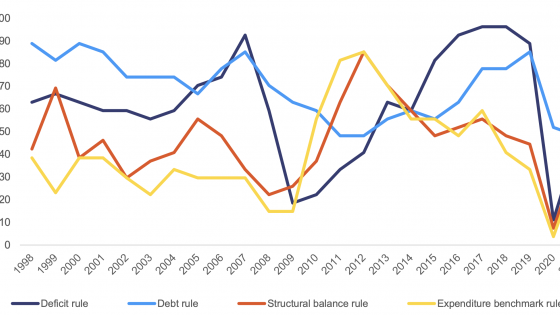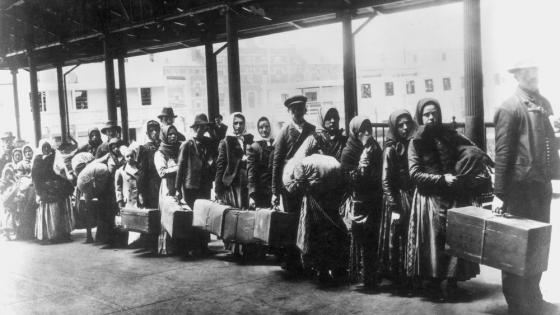Since 1 January, citizens of Romania and Bulgaria have the same freedom of movement inside the European Union as citizens of other member states. The approaching end to transnational restrictions caused intense public debate in several of the richer EU countries during the past year, stoked by fears that large numbers of poor Romanians and Bulgarians would migrate to the richer EU countries and impose a heavy burden on public finances. This debate has been most intense in the UK, where a large number of MPs want to extend these restrictions for Romanian and Bulgarian citizens by another five years.
A similar debate preceded the major EU enlargement in 2004, when ten new countries became members. Research has subsequently shown that on that occasion the fears were unfounded. Post-2004 migrants from those ten countries have been shown to be net contributors to public finances both in the UK (Dustmann, Frattini, and Halls 2010) and in Sweden (Ruist, forthcoming), neither of which had imposed substantial restrictions. However, the fact that migrants from those ten countries made positive net contributions to public finances does not imply that this will be the case for migrants from Romania and Bulgaria. Income levels are lower in these two countries, so their citizens may have stronger incentives to emigrate in cases when it is unlikely that they will be able to support themselves in the destination country.
Two of the richer EU countries never imposed any access restrictions when Romania and Bulgaria joined the EU in 2007: Sweden and Finland. I have evaluated the net contributions to Swedish public finances in 2011 of Romanian and Bulgarian migrants who arrived in Sweden in 2007-2010 and remain there in 2011 (Ruist 2014). I found that these migrants too make a substantial positive net contribution, with the average contribution being 30,000 kronor per migrant – about one-sixth of the public sector’s turnover per capita. Alternatively, the public sector’s revenue/cost ratio relating to these migrants is as large as 1.30. A detailed breakdown of this result can be found in Table 1, which shows that migrants on average pay substantially less in taxes compared with the population on average, due to their lower average earnings. Table 1 also shows that these lower revenues are more than balanced by migrants receiving substantially less in transfers and being subject to substantially less government spending on schooling, hospital care, and elderly care compared to the general population. Furthermore these figures are arrived at under the conservative assumption that marginal public spending due to immigration is equal to average public spending, i.e. that immigration causes no positive scale effects. If there are scale effects, the migrants’ true net contribution is even greater.
Table 1. Net fiscal contribution of Romanian and Bulgarian 2007-2010 immigrants
Note: N = 4,073. Observations are weighted by inverse household size to adjust for sampling probabilities. A positive sign in column (1) represents a larger revenue or a smaller cost, and a negative sign represents a smaller revenue or a larger cost. The T values in column (2) are calculated assuming unequal variances. They are finite-sample corrected assuming that at least 35% of the immigrant target population is included in the sample.
Implications for other EU15 countries
What does this positive Swedish experience imply for Romanian and Bulgarian migrants in the countries with newly lifted travel restrictions? Two factors are decisive for these predictions: language and size of the welfare sector. Sweden is disadvantaged by having a language that is not spoken outside its own borders, a disadvantage not shared by the majority of the other EU15 countries. A more well-known language means that more migrants will be familiar with the language upon arrival, improving their early labour market performance and their expected contributions to public finances.
The size of the welfare sector is another plausibly important determinant of migrants’ expected future contributions to public finances through its influence on migrant selection. Migrants with high earnings potential have relatively stronger incentives to select a destination country that redistributes less income, so they can keep more of their earnings. Similarly, migrants with low expected earnings have stronger incentives to select a destination country that redistributes more. In contrast to what has been the case historically, the Swedish welfare sector is today only slightly above median-sized in the EU15. Figure 1, which is based on OECD data, shows that Sweden ranks seventh from the top in the size of the tax wedge and sixth in social expenditure. France and Belgium rank higher in both cases, and may therefore have reason to expect lower net contributions from future migrants, although this might be balanced by their linguistic advantage. Countries like the UK and Ireland rank lower in both tax wedge and social expenditure, implying a higher expected net contribution from future migrants; and we may expect their advantage to be further enhanced by the language factor. Hence this analysis indicates that the UK – where the most work is being done to reduce future immigration from Romania and Bulgaria – is the country that should most welcome these immigrants.
Figure 1.
References
Dustmann, Christian, Tommaso Frattini and Caroline Halls (2010), “Assessing the fiscal costs and benefits of A8 migration to the UK”, Fiscal Studies, 31: 1-41.
Ruist, Joakim (2014), “The fiscal consequences of unrestricted immigration from Romania and Bulgaria”, Working Papers in Economics, no 584, Department of Economics, University of Gothenburg.
Ruist, Joakim, "Free immigration and welfare access: The Swedish experience", forthcoming in Fiscal Studies; most recent version available at: http://www.economics.gu.se/ruist.




